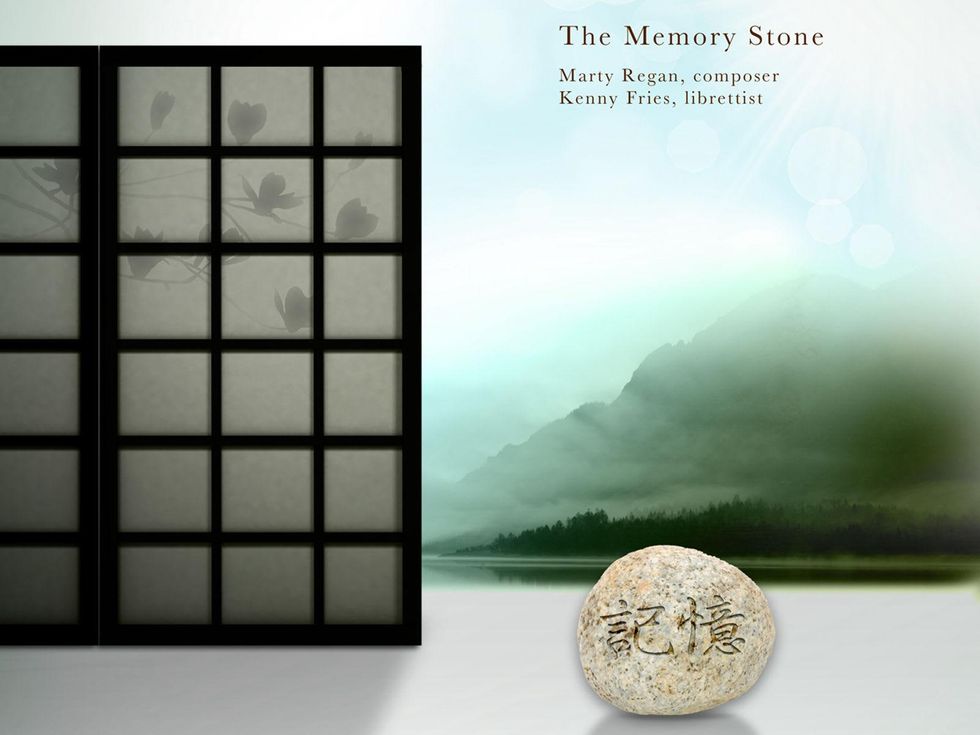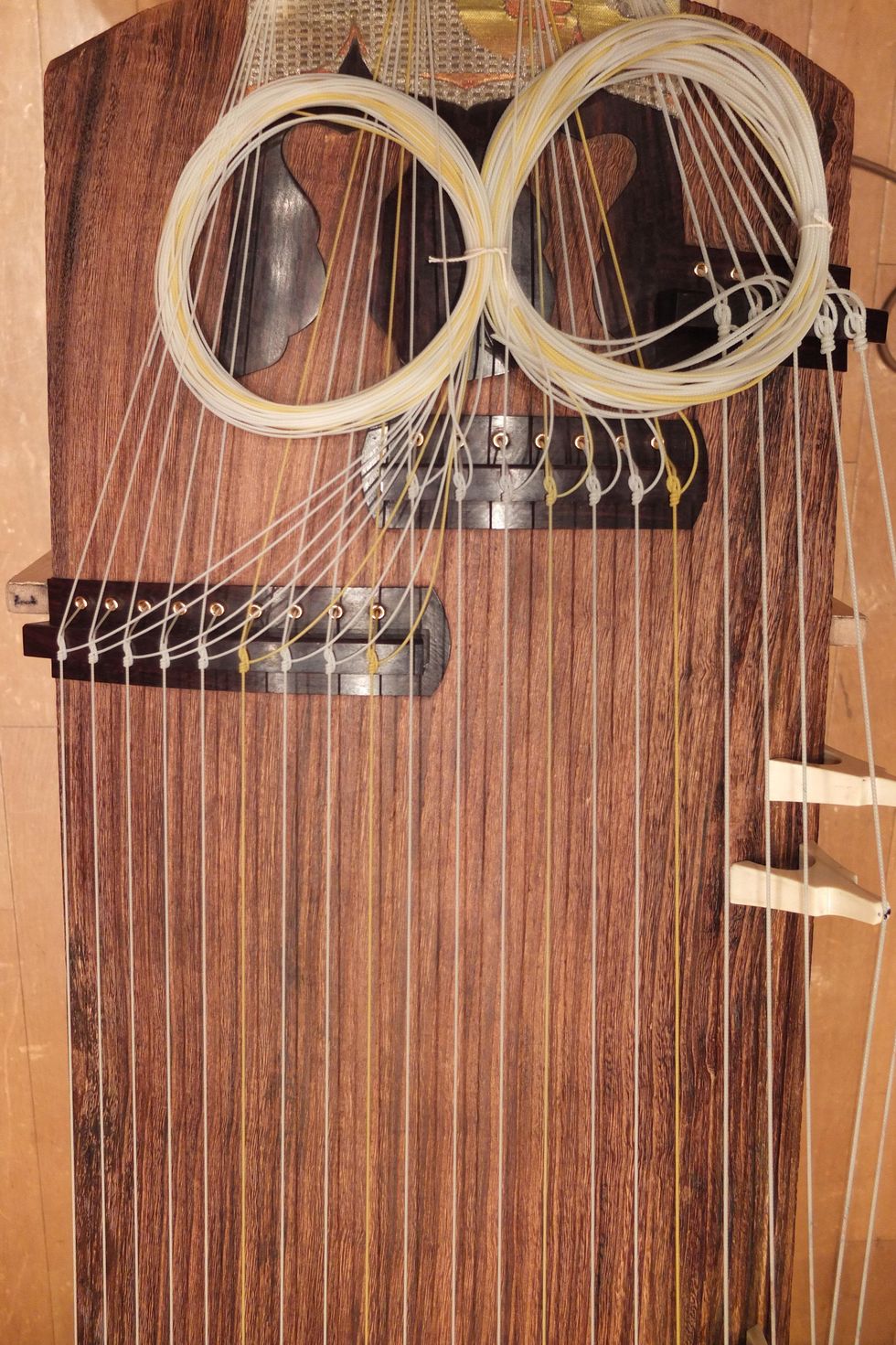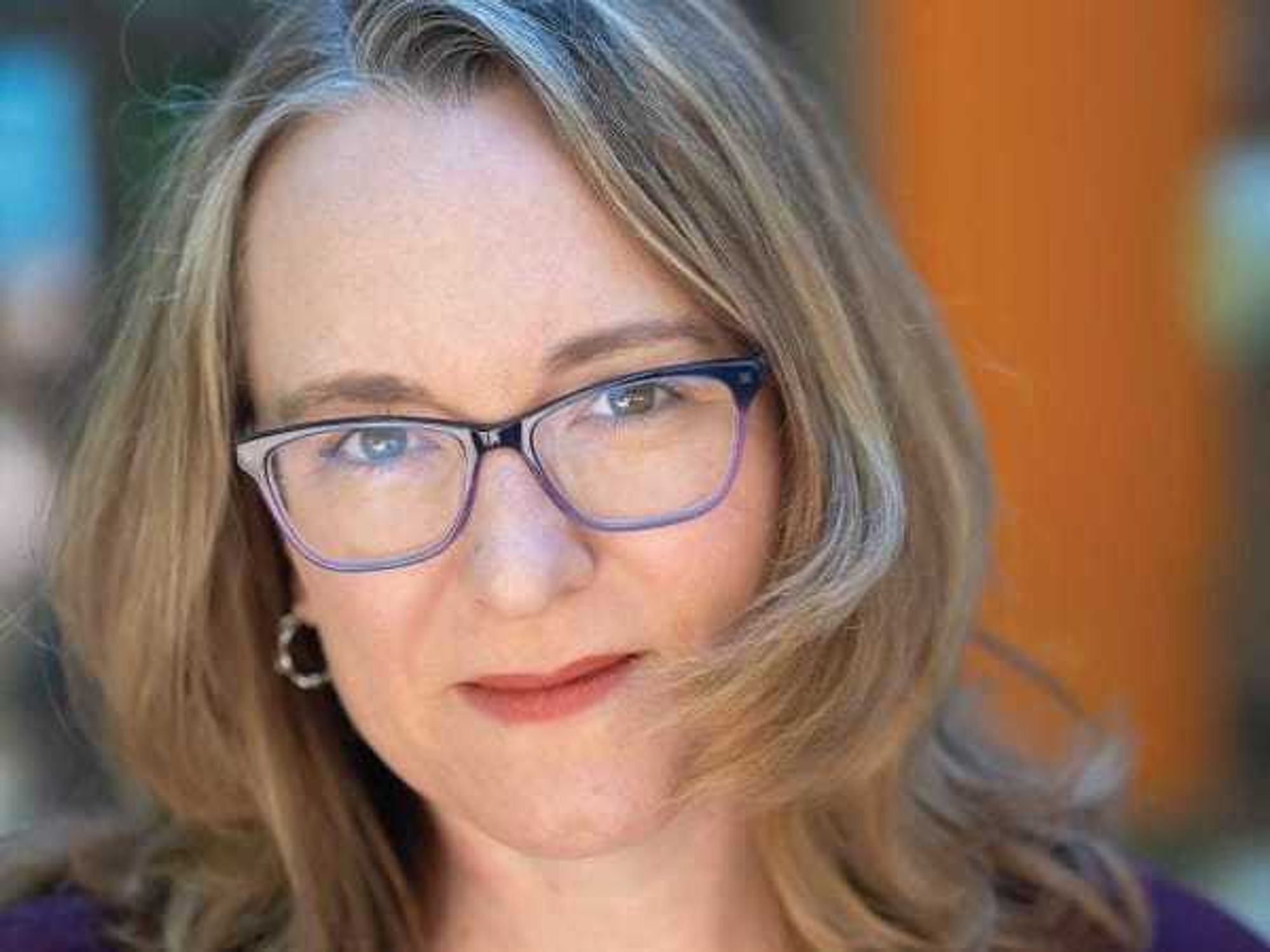Talk Opera To Me
Tsunami opera defies expectations: Composer of HGO premiere insists it's not "tragic"
How do you write an opera on tsunami?
That’s the first question that entered my mind when I heard about the latest installment in Houston Grand Opera’s Song of Houston: East + West initiative, The Memory Stone. While the theme seems unwieldy, looking back I remembered that HGO’s initiative has already brought an unusual assortment of chamber operas on unexpected narratives.
Among others, there was the memorable Cruzar la Cara de la Luna, the Mariachi opera. There was also Your Name Means the Sea, which followed the story of a handsome Azerbaijani mugham singer and his blonde American girlfriend, Denise. And there was From My Mother’s Mother, which focused on the thorny matter of tradition in a Korean family, via the legacy of seaweed soup.
"Seeing my hometown burning in flames, I couldn’t get in touch with my family and I was worried. There is a scene in the opera which is very similar."
The basic story of The Memory Stone, according to American composer Marty Regan, “reminds us of how trauma and loss can help reevaluate our past,” as he described in a recent press release. “We can use these basic facets of the human condition to transcend suffering and find ways to reconnect with what is truly important, like our family, our loved ones, our communities, our ancestry, and our culture,” he added.
The unique opera premieres Tuesday night at Asia Society (also showing there Wednesday and Thursday) and continues for two performances April 13 and 14 as part of the Japan Festival at Hermann Park.
Also in the press release were descriptions of the international cast. The passage read a bit like the credits of a murky foreign art film, piquing my interest even further. Nina Yoshida Nelsen appears as The Woman. Takaoki Onishi is The Man. Ji Hyun Jang appears as Rei and Mihoko Kinoshita is Hana.
It wasn’t until I spoke with Regan, however, that I began to see how this new opera (incidentally, HGO’s 50th commissioned opera) truly promises to be so strikingly original.
“It’s not really about tsunami,” Regan said, “and I was very careful not to write a piece that would trivialize that experience."
Rather, he explained, the setting of the opera begins three days after the 2011 earthquake and tsunami off the pacific coast of Tōhoku, and features a sophisticated libretto by Kenny Fries.
The opera the two developed, says Regan, has a story that is really “a conduit that inspires two Houstonian women to reconsider how they have lost their connection with their homeland. There is a man in the opera as well, and he plays an interesting role, but I don’t want to give that away. You’ll have to come to the opera to find out what happens,” he added.
The Sound
So far, so good. But with all of that going on, what might this opera actually sound like?
Put more simply, he likes to combine things in a way that the listener cannot necessarily recognize the components.
Well-versed in traditional Japanese music and instrumentation after years of study and practice in Japan, Regan prefers to create what he calls “hybrid musical soundscapes” and says his musical materials are “fluid.” He describes the harmonic language of The Memory Stone as being “comprised of tonality,” but where “chromatically-inflected modality combines with Japanese pentatonics.”
Put more simply, he likes to combine things in a way that the listener cannot necessarily recognize the components.
“In this opera, as with many of my works, I seek out similarities and potential correspondences between the timbres of the various instruments. An example here would be in the orchestra. Since it’s a chamber opera, the orchestra is a sextet comprised of a traditional western string quartet along with Japanese shakuhachi and koto. The koto here is the modern koto, which has 21 strings. This allows me to access diatonic tuning and to use the rich harmonic language that opera demands,” Regan said.
The Memory Stone is not, as Regan explained, “in any way, a tragic opera.” Instead, the opera centers on the transformation of two women through memory.
“The opera, ultimately, is about transcending the tragedy,” Regan said. “I am from New York originally, and at the time of the 9/11 bombings, I was living in Tokyo. Seeing my hometown burning in flames, I couldn’t get in touch with my family and I was worried.
"There is a scene in the opera which is very similar. Loss and being able to overcome loss is part of being human."
The Memory Stone premieres April 9-11 at Asia Society and continues for two performances April 13-14 as part of the Japan Festival at Hermann Park.




